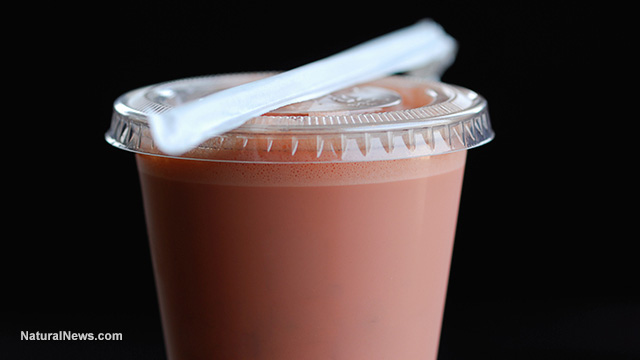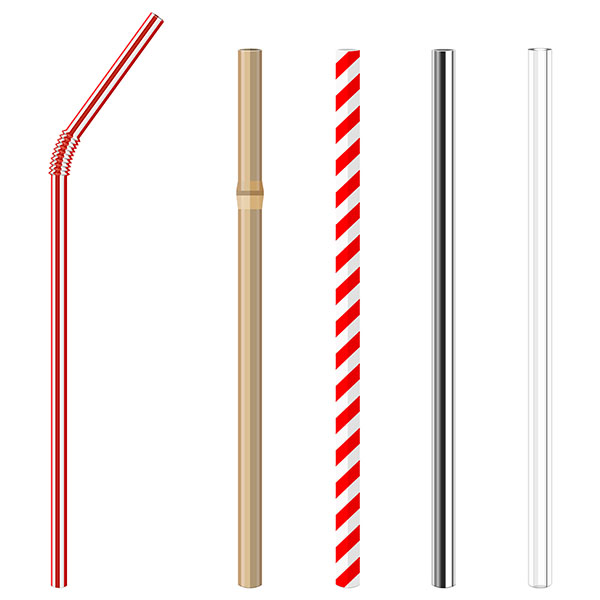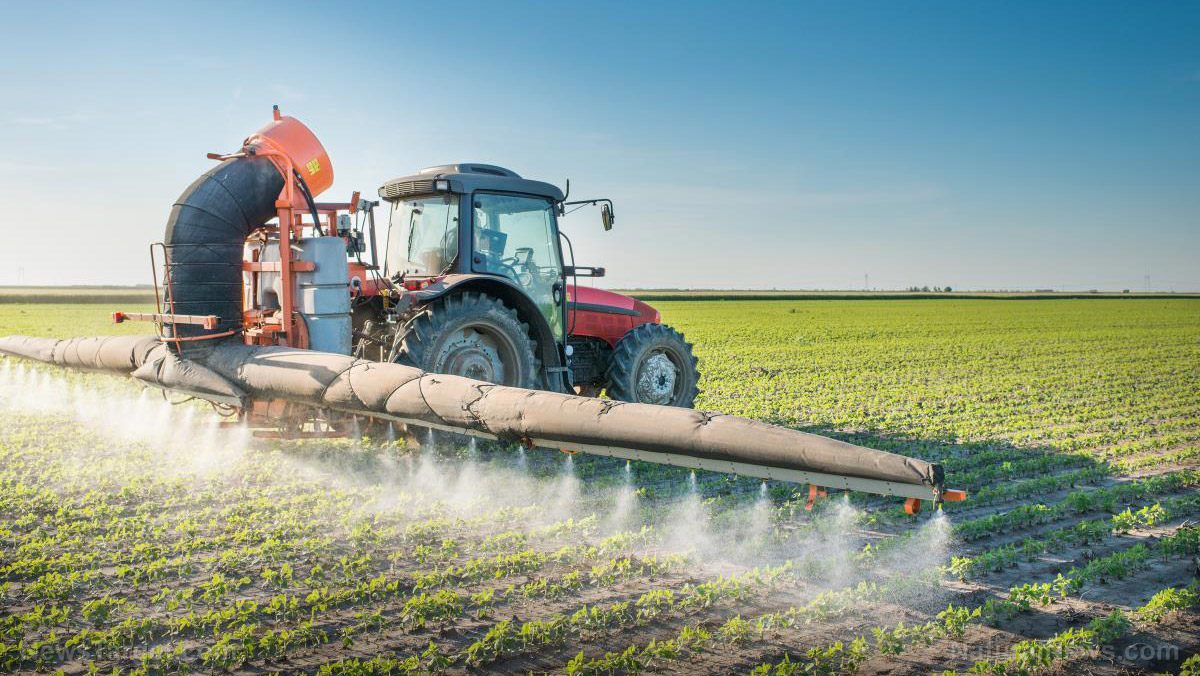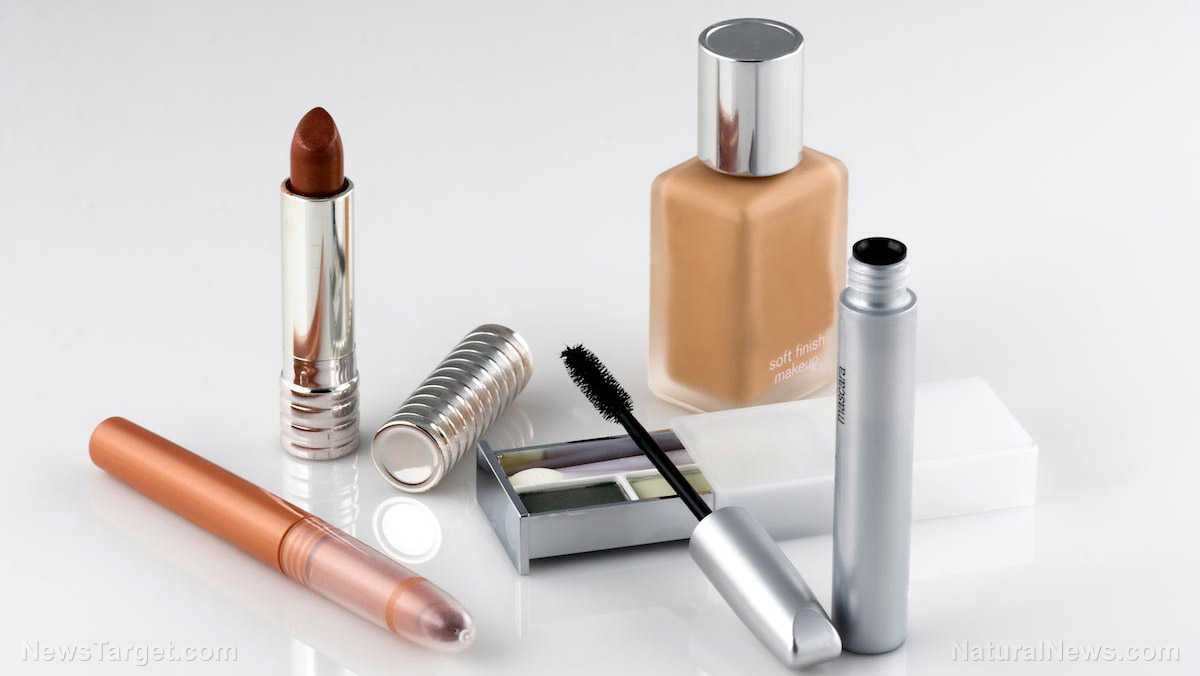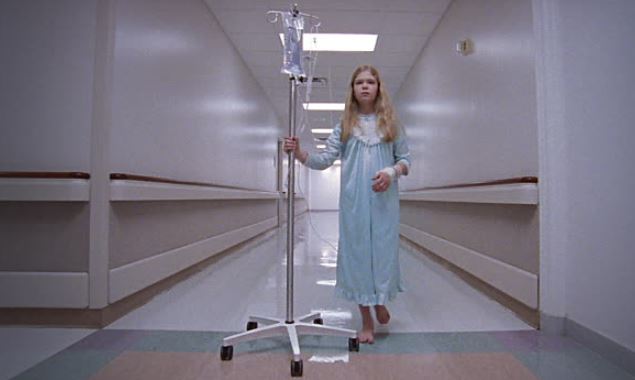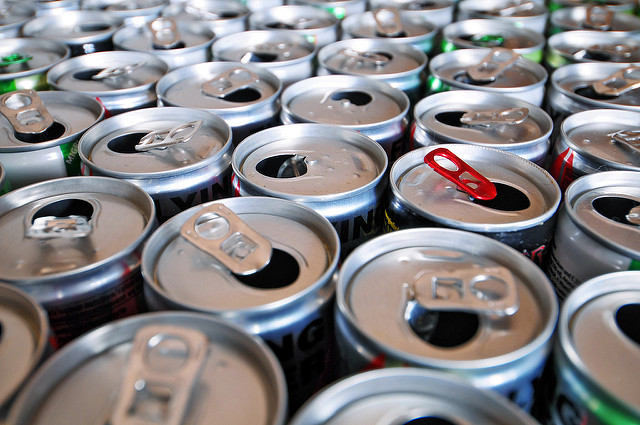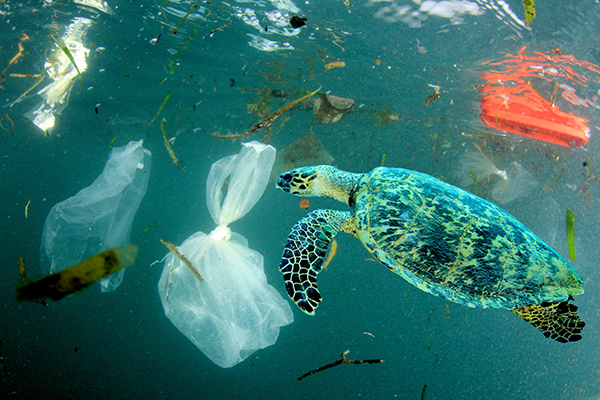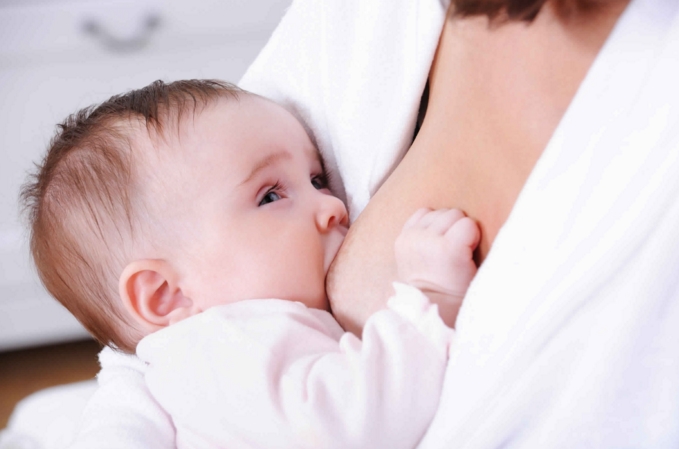STUDY: Disposable COVID-19 masks expose wearers to high levels of toxic compounds linked to cancer
09/05/2023 / By Zoey Sky
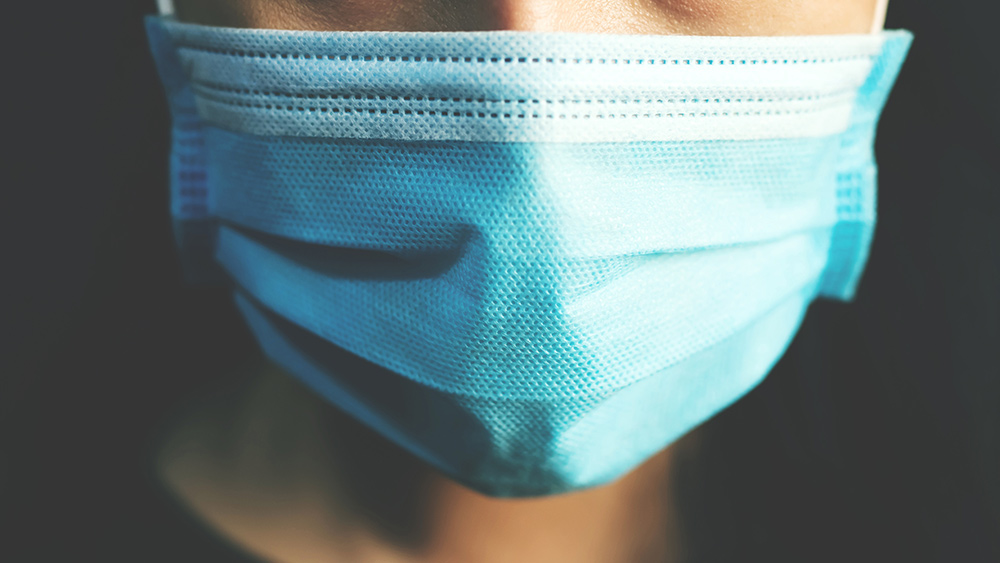
Experts considered surgical masks as the gold standard when it comes to preventing infections at the height of the Wuhan coronavirus (COVID-19) pandemic. However, a study re-shared by the National Institutes of Health earlier this year indicates that the tight-fitting masks may expose users to dangerous levels of toxic chemicals.
Details of the study were published in the journal Ecotoxicology and Environmental Safety and on the NIH’s website.
For the study, scientists from Jeonbuk National University in South Korea analyzed two types of disposable medical-grade masks, along with reusable cloth masks. Upon examining the data, the scientists reported that chemicals released by the medical-grade masks had at least eight times the recommended safety limit of toxic volatile organic compounds (TVOCs).
Data suggests that inhaling TVOCs may be linked to health issues like headaches and nausea. Additionally, prolonged and repeated exposure is associated with organ damage and cancer.
The researchers warned that continued study can help them learn more about the VOCs linked to the use of surgical masks and their effects on human health.
They added that there are ways to reduce the danger. Exposure can be significantly reduced if you open a mask and let it sit for at least 30 minutes before wearing it.
This implies that the packaging of surgical masks may be linked to the amount of potentially harmful chemicals they have. (Related: Study: Mask mandates made no difference to COVID-19 transmission rates in hospitals.)
Disposable masks contain high levels of TVOCs
For their study, the researchers tested 14 disposable and cloth masks purchased online by measuring the amount of TVOCs in them.
The disposable masks were KFAD and KF94 models, which were made from materials like thermoplastics polypropylene and polyurethane nylon. These masks are often worn in South Korea, where the study was conducted. KN95s are more popular in the United States.
Findings revealed that their differences are miniscule. KFADs and KF94s filter 94 percent of particles. KN95s filter as much as 95 percent. However, the disposable masks contained up to 14 times the TVOCs detected in cotton masks.
The sample with the highest amount of TVOCs had 4,808 cubic meters per microgram, which is about 4.8 parts per million. This is more than eight times the recommended limit. The Environmental Protection Agency (EPA) recommends keeping TVOC levels below 0.5 parts per million in indoor air.
The researchers flagged two chemicals as being linked to liver and reproductive damage: dimethylacetamide (DMAc) and dimethylformamide (DMF).
The team acknowledged that the sample size was small and that they did not test several other popular disposable masks like KN95s.
The study references earlier research indicating that mask mandates could cause more harm than good. For example, a study by the Cochrane Institute implied that face masks made “little to no difference” in coronavirus infections and deaths.
The researchers explained that the harms caused by masks, such as interfering with children’s schooling, were poorly measured in the studies and that minor benefits on infection rates may be outweighed.
Another controversial study implied that wearing face masks raises the risk of stillbirths, testicular dysfunction and cognitive decline in children.
The findings of the Jeonbuk National University study were published in April, but it could have new relevance as COVID-19 variant BA.2.86 is spreading throughout the United States.
Because of the recent surge in cases, several universities, hospitals and the Hollywood studio Lionsgate have reinstated mask mandates. However, new studies highlighting the dangers of face masks could make mask mandates ineffective.
How to reduce exposure to TVOCS
TVOCs are a large group of odorous chemicals and many of them are released by cleaning and beauty products, burning fuel and cooking.
Sources of TVOCs in the home include:
- Aerosol sprays
- Air fresheners
- Automotive products
- Cleansers and disinfectants
- Moth repellents
Other sources of TVOCs include:
- Building materials and furnishings
- Craft materials, such as glues and adhesives
- Office equipment, such as carbonless copy paper, copiers and printers, permanent markers and correction fluids
The American Lung Association (ALA) warned that TVOCs may irritate the eyes, nose and throat; cause difficulty breathing and nausea; and damage the central nervous system and organs like the liver.
Some TVOCs are also considered human carcinogens, meaning they can cause cancer.
To reduce exposure to TVOCs or volatile organic compounds (VOCs), you must inspect your home for the common sources of TVOCs and VOCs.
Source control:
- Eliminate the number of products in your home that give off TVOCs.
- Only buy what you need if you are working on something that requires adhesive, caulks, paints and solvents. Unused chemicals stored in the home may “leak” and release VOCs into the air.
- Store unused chemicals in a garage or shed where people rarely visit.
- Dispose of all unused chemicals that are stored in your home or garage. Check with your city or county for the nearest household hazardous waste collection sites.
- Look for low-VOC options if you need paints and furnishing.
Ventilation and temperature control:
- Increase the amount of fresh air in your home to help reduce the concentration of VOCs indoors.
- Increase ventilation naturally by opening doors and windows. Fans can help maximize air brought in from the outside.
- Keep both the temperature and relative humidity as low as possible. Chemicals off-gas more in high temperatures and humidity.
- Schedule home renovations when your home is unoccupied or during seasons that will allow you to open doors and windows to increase ventilation.
DangerousMedicine.com has more news about the dangers of wearing face masks.
Watch the video below for more on the return of oppressive mask mandates.
This video is from the Puretrauma357 channel on Brighteon.com.
More related stories:
Florida permanently bans all COVID-19 mask and vaccine mandates in schools and businesses.
Sources include:
Submit a correction >>
Tagged Under:
covid-19, face mask, health science, mask mandates, medical fascism, Medical Tyranny, N95 masks, pandemic, real investigations, research, toxic chemicals, toxic volatile organic compounds, toxins, truth, TVOCs
This article may contain statements that reflect the opinion of the author
RECENT NEWS & ARTICLES
Chemicals.News is a fact-based public education website published by Chemicals News Features, LLC.
All content copyright © 2018 by Chemicals News Features, LLC.
Contact Us with Tips or Corrections
All trademarks, registered trademarks and servicemarks mentioned on this site are the property of their respective owners.



